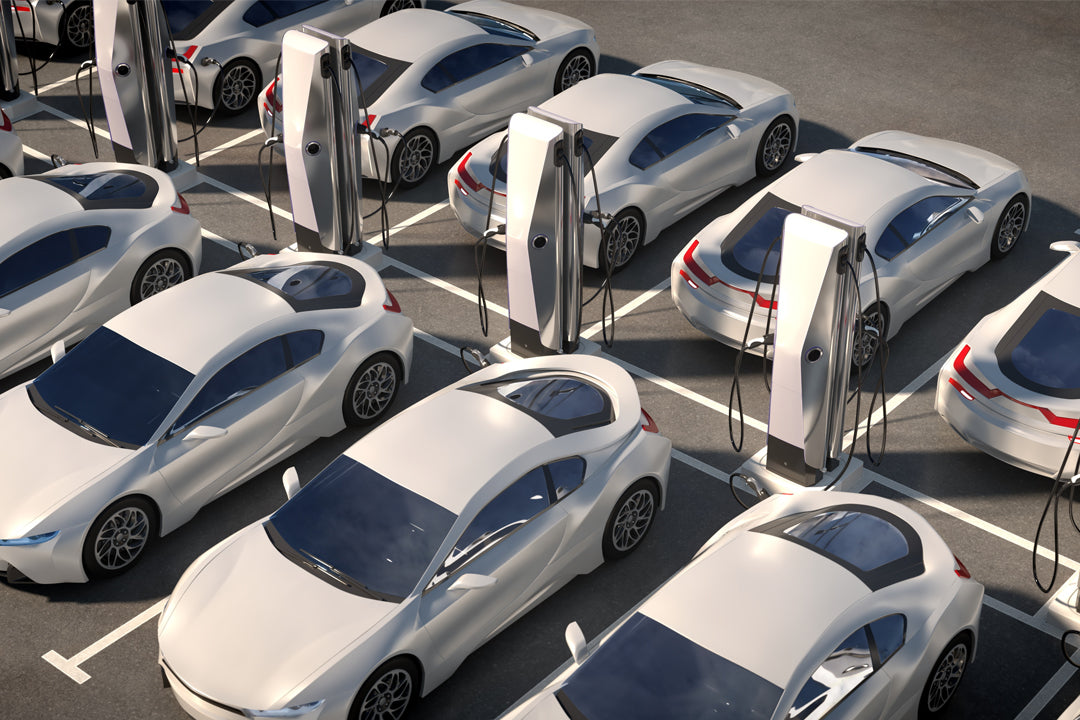

The Truth About Electric Vehicles: Are They Really Greener?
The buzz around electric vehicles (EVs) has been growing, with many seeing them as the future of transportation. These vehicles run entirely or partially on electricity and are touted as a green alternative to traditional gasoline-powered cars. But are they really greener? Let's dive in and uncover the truth.
Understanding Electric Vehicles
Before we delve into the environmental impact, we must understand what electric vehicles are. Broadly, there are two types of EVs: Battery Electric Vehicles (BEVs) that run solely on electricity and Plug-in Hybrid Electric Vehicles (PHEVs) with both an electric motor and a conventional internal combustion engine.
1. Emissions During Use
EVs are often heralded for their zero tailpipe emissions, which is a significant environmental benefit. Traditional cars emit greenhouse gases (GHGs) like carbon dioxide and pollutants like nitrogen oxides and particulates, contributing to air pollution and climate change. By contrast, BEVs emit no tailpipe pollutants, and PHEVs emit significantly less than conventional cars.
2. Electricity Generation and Charging
However, the environmental impact of an EV doesn't just depend on tailpipe emissions. It's also crucial to consider how the electricity that charges the EV's battery is generated. If it's produced using fossil fuels, then the "well-to-wheel" emissions (which include both production and use) of the EV can still be significant.
But the story doesn't end there. As our electricity grid becomes cleaner with the increased use of renewable energy, the well-to-wheel emissions of EVs continue to decrease. Moreover, many EV owners pair their vehicles with home solar panels, further reducing their carbon footprint.
3. Battery Production and Recycling
Another aspect of the EV's environmental impact is their large lithium-ion batteries' production and end-of-life management. The extraction of lithium, cobalt, and other materials used in these batteries can have significant environmental and social impacts, particularly without proper safeguards.
However, advancements are being made in battery technology and recycling. Companies are working towards using more sustainable mining practices and developing batteries with fewer critical materials. Furthermore, used EV batteries can often be repurposed for energy storage, and, at their true end of life, most of their components can be recycled, reducing waste and the need for new raw materials.
4. Energy Efficiency
EVs are significantly more energy-efficient than conventional cars. According to the U.S. Department of Energy, EVs convert over 77% of the electrical energy from the grid to power at the wheels. In comparison, conventional gasoline vehicles only convert about 12-30% of the energy stored in gasoline.
Conclusion
While electric vehicles aren't without environmental impacts, mainly related to electricity generation and battery production, they still represent a greener alternative to conventional vehicles. As we continue to clean up our electricity grids and develop better battery technology, the environmental advantages of EVs will only increase.
Therefore, the answer is yes, EVs are indeed greener. And they form an essential part of our transition to a more sustainable future, especially with broader changes like reducing car dependence, improving public transport, and promoting active travel options like walking and cycling.
Our ElectroDust™ Washable Air Filter
ElectroDust filters provide higher than industry average air quality and are built to higher standards. Our environmentally friendly filters allow you to wash and re-use them over a ten-year lifespan. After just ten months of using our filters, you will begin to realize savings. Furthermore, because ElectroDust filters are more efficient at capturing dust and foreign particles, you won’t require duct cleaning as often, saving you even more money. Less dusting means a healthier home.
